Ophthalmology Treatment in Germany
Ophthalmology treatment in Germany is the latest gateway that catches the eye of patients from all over the globe. The healthcare system of Germany is advanced, with the latest technology and specialized treatments, and cares for different eye conditions.
Patients are attracted to this country due to advanced treatment facilities, new techniques, and strong success rates that make Germany a prime destination for ophthalmology treatment.
What is ophthalmology?
The medical specialty of ophthalmology deals with the physiology, anatomy, and disorders of the eye. Ophthalmologists are licensed medical professionals who are skilled in treating a wide range of eye conditions, from eye exams to complex procedures.
However, unlike optometrists and opticians who deal with the correction of vision and minor eye problems, ophthalmologists deal with more severe eye problems like cataracts, glaucoma, and retinal issues.
Types of Ophthalmology
Ophthalmology is a very broad medical field that has several subspecialties wherein there are different eye problems. For example, pediatric ophthalmologists take care of children's eye problems, while corneal specialists do matters concerning the cornea. Some other such subspecialties include the following:
Farsightedness (hyperopia)
Nearsightedness (myopia)
Astigmatism
Amblyopia or lazy eye
Posterior vitreous detachment
Each condition has to be addressed differently during diagnosis and treatment, and German ophthalmologists have very well grasped this.
Diagnosis in German Ophthalmology
Early diagnosis is necessary to prevent serious vision loss. Germany diagnoses the eyes at an early stage using sophisticated diagnostic machinery, like optical coherence tomography (OCT), fluorescein angiography, and retinal imaging.
Routine check ups are essential for diabetic patients, for example, so that diseases caused by diabetes can be detected, such as diabetic retinopathy. If left unchecked, this may even cause serious vision loss.
Early Diagnosis of Ophthalmology
In Germany, there is much attention given to early diagnosis, at which most things become controllable and can be treated before things go haywire. For instance, early age related macular degeneration or glaucoma does prevent irreversible damage within the eyes. Consistent checkup sessions with an eye care specialist are what determine that early signs of deterioration are detected in ample time, and hence intervention is administered in due time, and complications are prevented.
Treatment Facilities for Ophthalmology in Germany
Germany provides the most modern treatment facilities for ophthalmology. Such healthcare facilities include some of the world's best hospitals offering conservative as well as surgical options for eye care. Most advanced technology is available for procedures like LASIK surgery, corneal transplants, and treatment of retinal detachment.
Treatments in Germany for Ophthalmology
Other treatments administered in Germany include laser therapy and minimal surgeries. Advanced eye surgeries such as cataract surgery and glaucoma surgery are conducted with a great deal of carefulness and precision. Other emerging treatments in the country that patients, who had been suffering from conditions that had been deemed untreatable with other available treatments, receive new hope for are stem cell treatments and gene therapy.
Chemotherapy and Radiation Therapy
In such diseases that are associated with tumors or other malformations of the cell, chemotherapy and radiation therapy are used. German experts here also do a marvelous job at the hands of patients by using individually sophisticated treatments that use minimal irritations to the tissues around and strain only the root cause.
New Techniques: Immunotherapy and Targeted Therapy
Immunotherapy and targeted therapy are relatively new yet promising treatment methods in ophthalmology. These methods are highly used in ocular cancers and other serious eye diseases. Innovative approaches of this kind have made Germany one of the leading countries in developing eye care technologies.
Identify and Thyroid of Ophthalmology
There are various ophthalmological conditions that eye specialists in Germany are trained to identify and handle, ranging from different conditions associated with systemic illnesses; for example, thyroid-related problems. For example, specialist ophthalmologists in the country effectively handle problems related to thyroid eye disease, which may be quite distressing for patients and cause some forms of vision disturbances.
Rehabilitation following Ophthalmology Treatment
Post treatment rehabilitation forms the backbone of eye care in Germany. Following major treatments or surgeries, the patients undergo therapy to fully regain normal vision or adapt to their new visual abilities. The stages of recovery of the patients post-procedures such as eye surgery or the implanting of glasses and contacts are followed under specialized programs.
Psychological Counselings
Eye problems might seriously restrain someone's mental health. The German provision for medical care caters to the two sides of treatment: it guarantees the patients are provided with psychological counseling and therapies that help them fight against psychological afflictions attributed to serious eye infections or loss.
Cost of Ophthalmology Treatment in Germany
It has quality eye care services that are affordable compared to other developed countries. Whereby surgical procedures such as LASIK, cataract surgery, and retinal surgeries are less expensive; thus, they give patients advanced treatment at an affordable cost.
Leading German Ophthalmology Treatment Hospitals
Germany has all these great ophthalmological hospitals, among others:
University Hospital Rechts der Isar, Munich
Helios Hospital, Berlin-Buch
University Hospital, Frankfurt
These hospitals run services that range from routine eye exams to more complicated surgeries such as the correction of strabismus and retinal detachment repair. The presence of the most qualified specialists in eye care is also a reason why these hospitals are hugely preferred for international patients.
Why Ophthalmology in Germany?
Germany is one of the first lines of destinations for those patients who need ophthalmology treatment because of its developed medical infrastructure, highly qualified specialists, and relatively affordable healthcare options. The country is famous for its high percentage of curing complicated eye diseases: diseases of the cornea, glaucoma, and retinal detachment.
Main Treatment Benefits in Germany
Innovative German hospitals embrace all the innovations in eye care technology, from robotic-assisted surgeries to non-invasive diagnostic machines.
Holistic care: Diagnosis, surgery, rehabilitation, and psychological support are integrated as one treatment strategy
Reduced risk of complication: Technology and expertise available in Germany significantly minimize complications
Affordability and accessibility: Short waiting times for both doctor's appointments and surgeries are offered by German hospitals, and their services are relatively affordable.
👉 Contact us for further information and receive a complimentary consultation.
It is recommended to have a comprehensive eye exam every one to two years, depending on your age, risk factors, and whether you wear corrective lenses. Regular eye exams are crucial for early detection and treatment of eye conditions.
Common signs include blurred vision, difficulty seeing at night, frequent headaches, eye strain, seeing flashes of light, floaters, and experiencing any form of eye pain or discomfort. If you notice any of these symptoms, it’s important to schedule an appointment with an ophthalmologist
An optometrist is a healthcare professional who provides primary vision care, including eye exams and prescribing corrective lenses. An ophthalmologist is a medical doctor who specializes in eye and vision care, capable of performing eye surgeries and treating a wide range of eye diseases.
During a comprehensive eye exam, you can expect a series of tests to evaluate your vision and eye health. These include visual acuity testing, refraction assessment, eye health evaluation, and ocular motility testing. Your ophthalmologist will also check for signs of eye disease and discuss any concerns you may have.
Absolutely! We provide specialized pediatric ophthalmology services to diagnose and treat eye conditions in children, such as strabismus (crossed eyes) and amblyopia (lazy eye). Early detection and treatment are crucial for ensuring healthy vision development in children.
Germany delivers high-class eye care with the use of high-tech, experienced doctors and affordable prices.
The field that is treated by an ophthalmologist in Germany is almost all of the eye diseases. These include, but are not limited to: cataracts, glaucoma, retinal diseases, eye tumors, or dry eye
Look for a well-ranked hospital and surgeon to treat your complex eye condition with many years of experience behind them by using patient reviews
Generally, most treatments are cheaper in Germany; LASIK and cataract surgery prices are much more reasonable than they are in the US and UK.
The recovery time depends on the procedure, but most of the minimally invasive surgeries heal quite fast, usually in a short term of a few days.
Experience the difference that expertise and compassion can make. Meet our exceptional team of experienced doctors, and trust us to provide you with the best in healthcare.
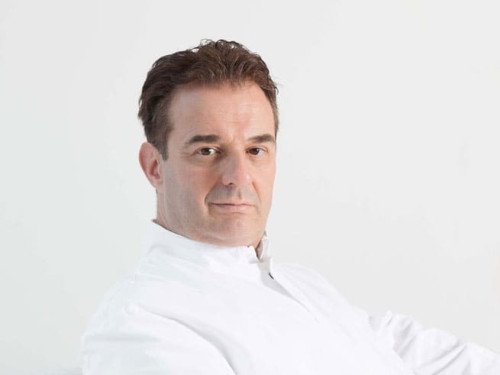
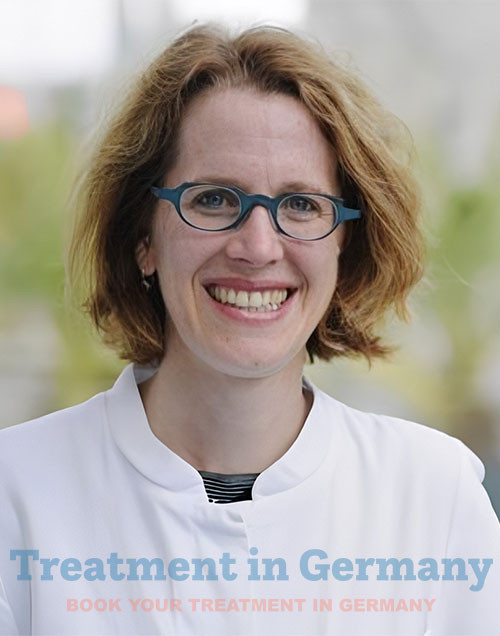
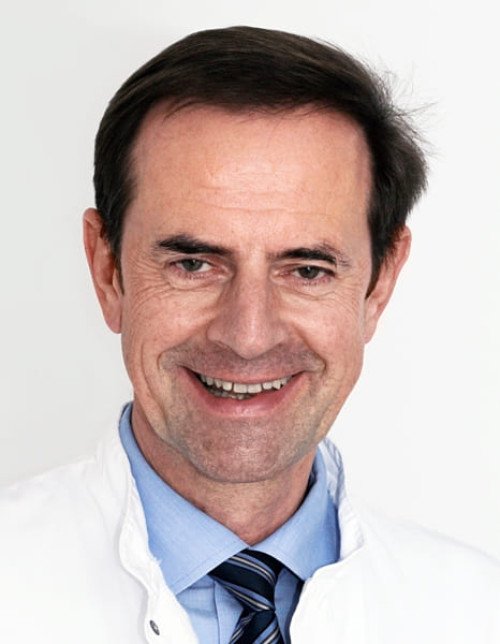
Ophthalmology
Acting Director Department Ophthalmology
Munich / München
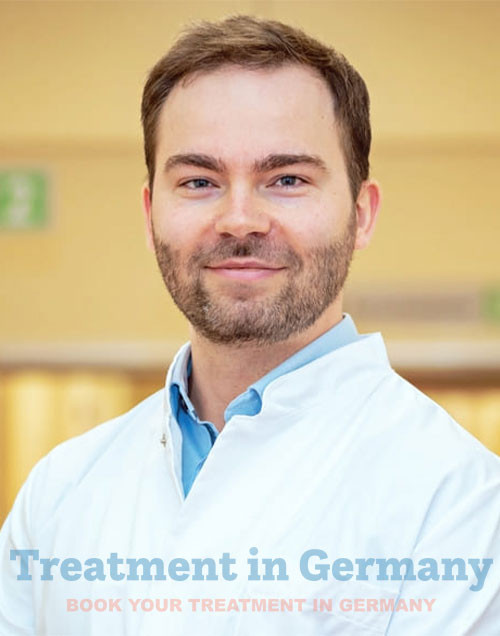

Ophthalmology
Director of the Department of Ophthalmology
Frankfurt am Main
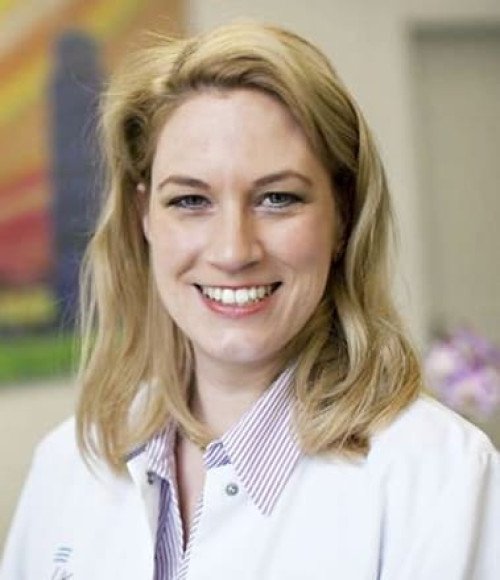
Ophthalmology
Clinic Director Department Ophthalmology
Muenster / Münster

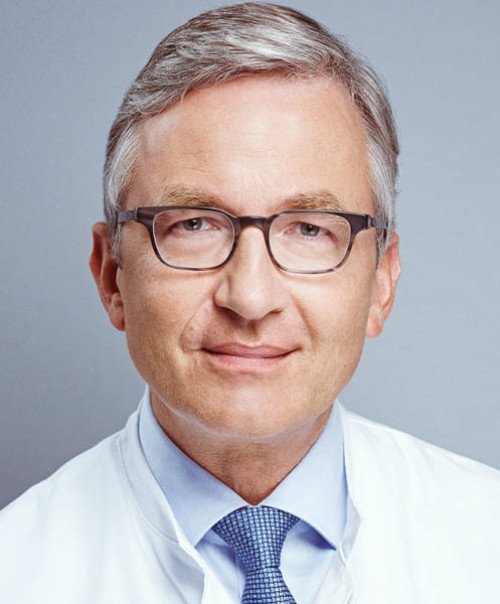
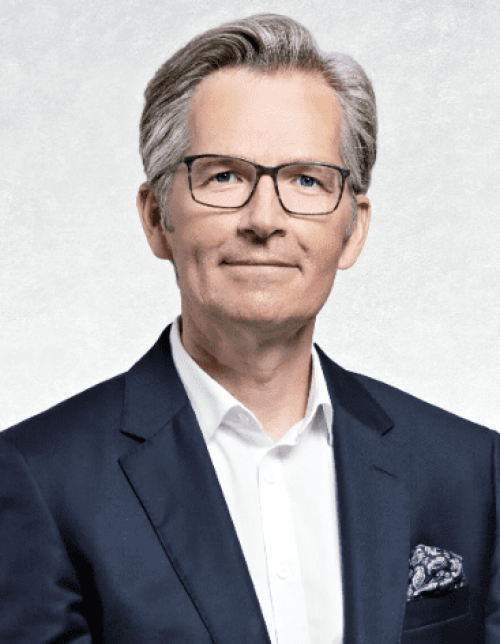
Ophthalmology
Clinic Director Department Ophthalmologist
Munich / München
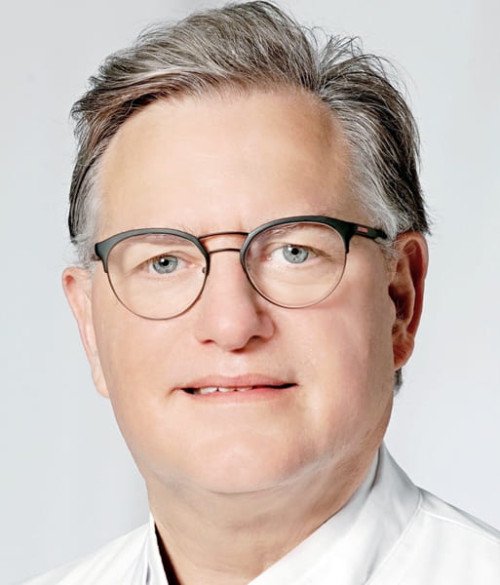
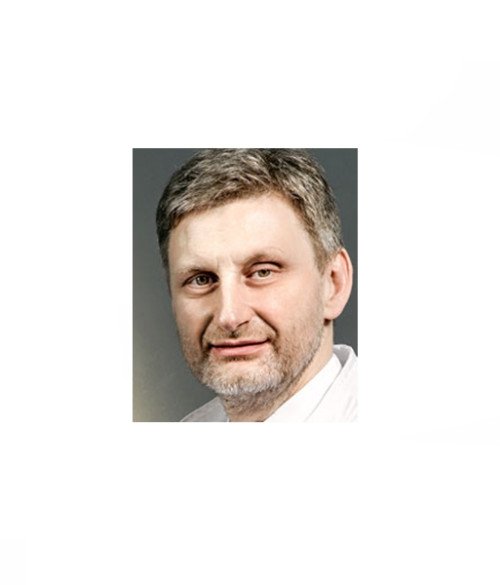
Ophthalmology
Medical Director Department Ophthalmology
Tübingen

.webp)
 (1).webp)

.webp)
 (1).webp)


.webp)
 (1).webp)

.webp)
 (1).webp)
